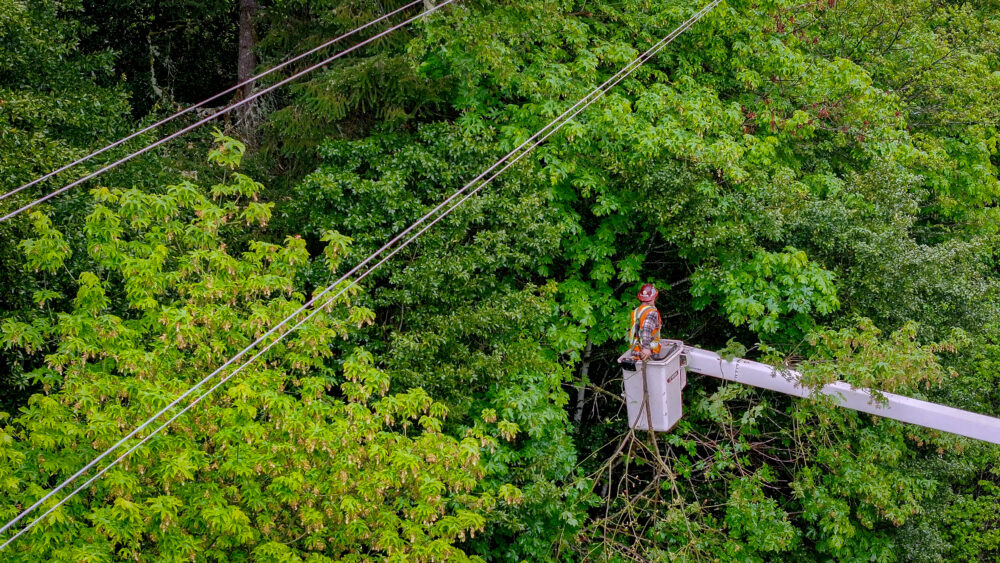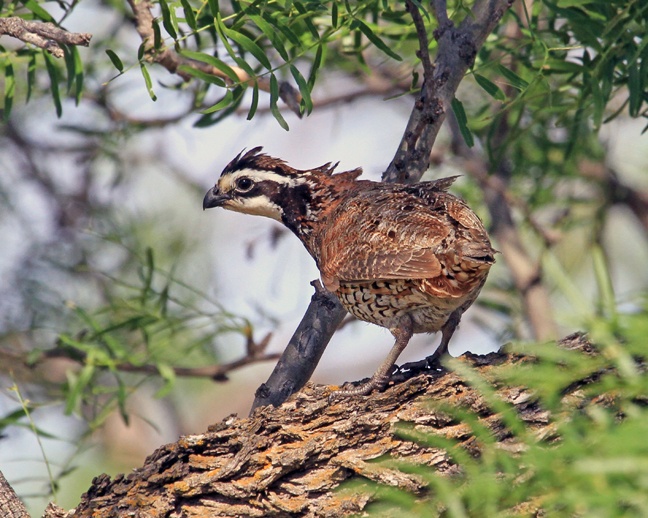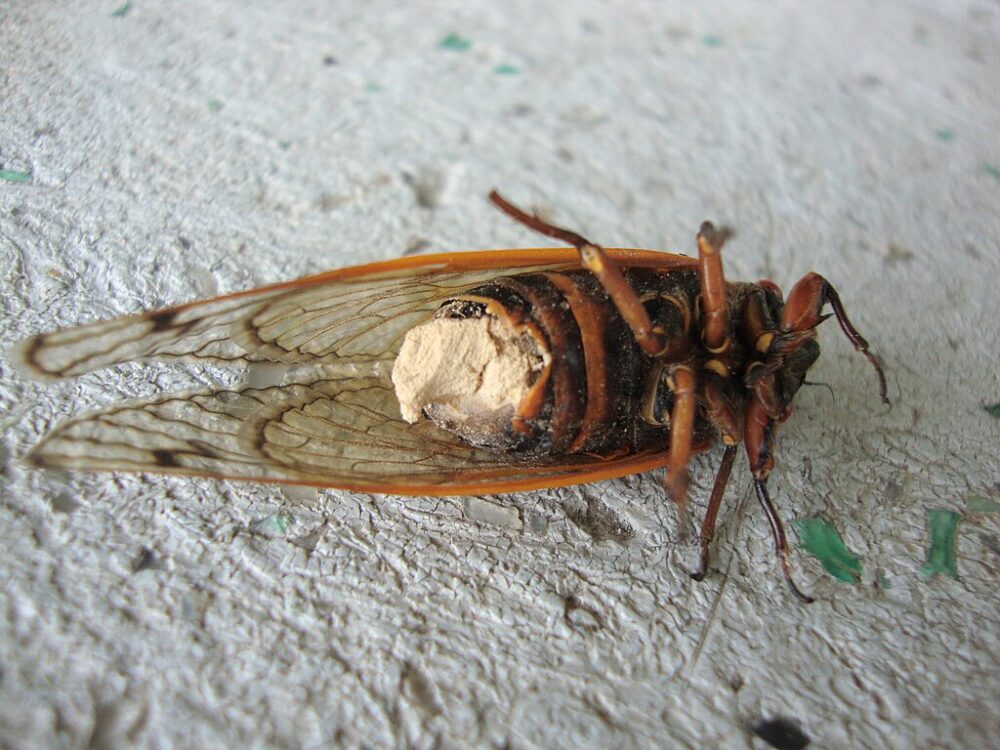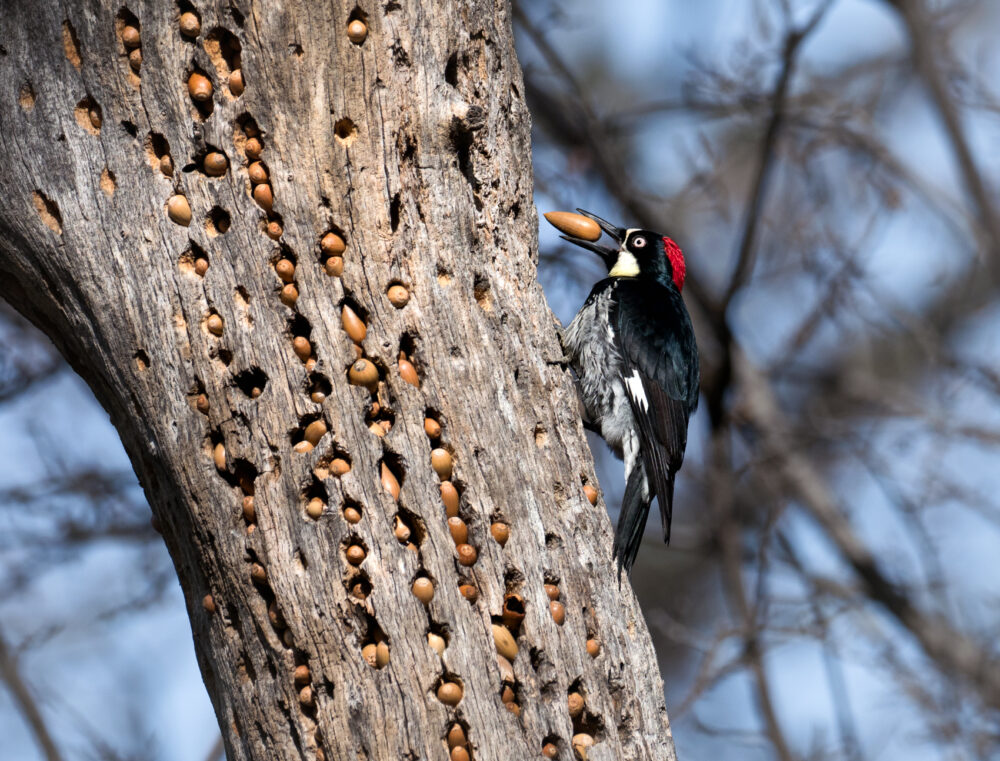We have much more to do and your continued support is needed now more than ever.
11 Years After the Deepwater Horizon Oil Spill and a $100 Million Look Ahead
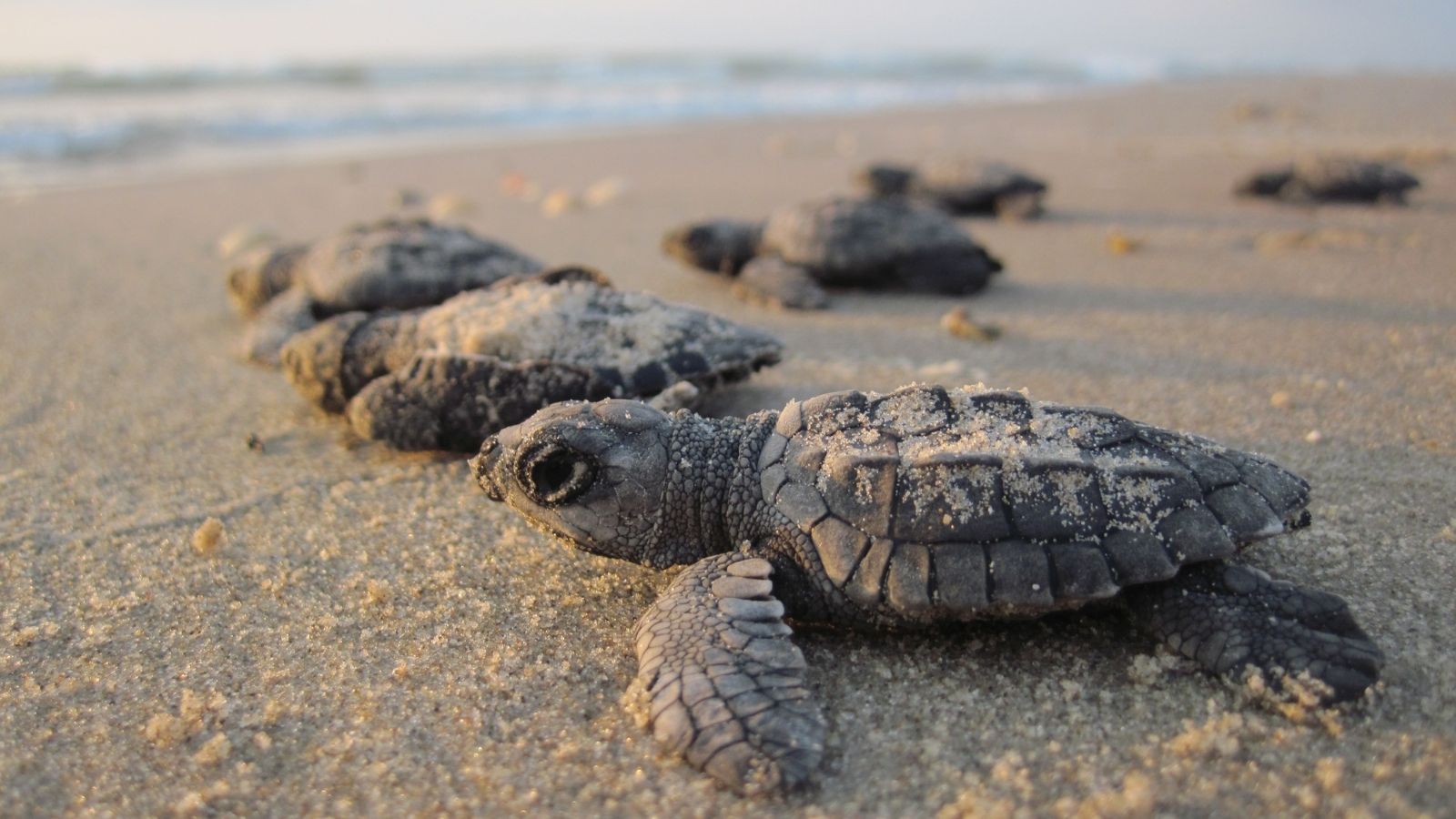
Eleven years ago, the BP Deepwater Horizon explosion killed 11 people and for 87 days oil flowed into the Gulf, injuring critical habitat, fish, and wildlife. Even now, the impacts of this disaster are still being felt in the Gulf of Mexico.
As a result of the legal settlements with BP and the other oil companies, more than $16 billion is available for ecological restoration in the Gulf. These funds will be paid out through 2032.
Aligning with this year’s anniversary, the National Oceanic and Atmospheric Administration (NOAA) and the Deepwater Horizon Regionwide Trustee Implementation Group have proposed a restoration plan of eleven projects totalling nearly $100 million.
Here’s how this plan will help wildlife harmed by the Deepwater Horizon disaster:
Sea Turtles: Sea turtles were harmed by the Deepwater Horizon disaster and the endangered Kemp’s ridley sea turtle’s once-promising recovery seems to have halted in 2010. Four of the proposed projects, totalling $18.6 million, will help sea turtles by restoring nesting beaches, enhancing rescue networks, and collaborating with the fishing industry to prevent sea turtles from being accidentally caught and killed in fishing gear. One of the sea turtle projects will also help the Kemp’s ridley on its nesting beaches in Rancho Nuevo, Mexico.
Coastal bottlenose dolphins: Coastal bottlenose dolphins are still sick and dying as a result of the disaster even today and successful births remain at less than a quarter of normal levels. Three proposed projects totalling $7.2 million will help dolphins and whales by funding rescue efforts and by working with the fishing and shrimping industries to reduce accidental injuries and deaths.
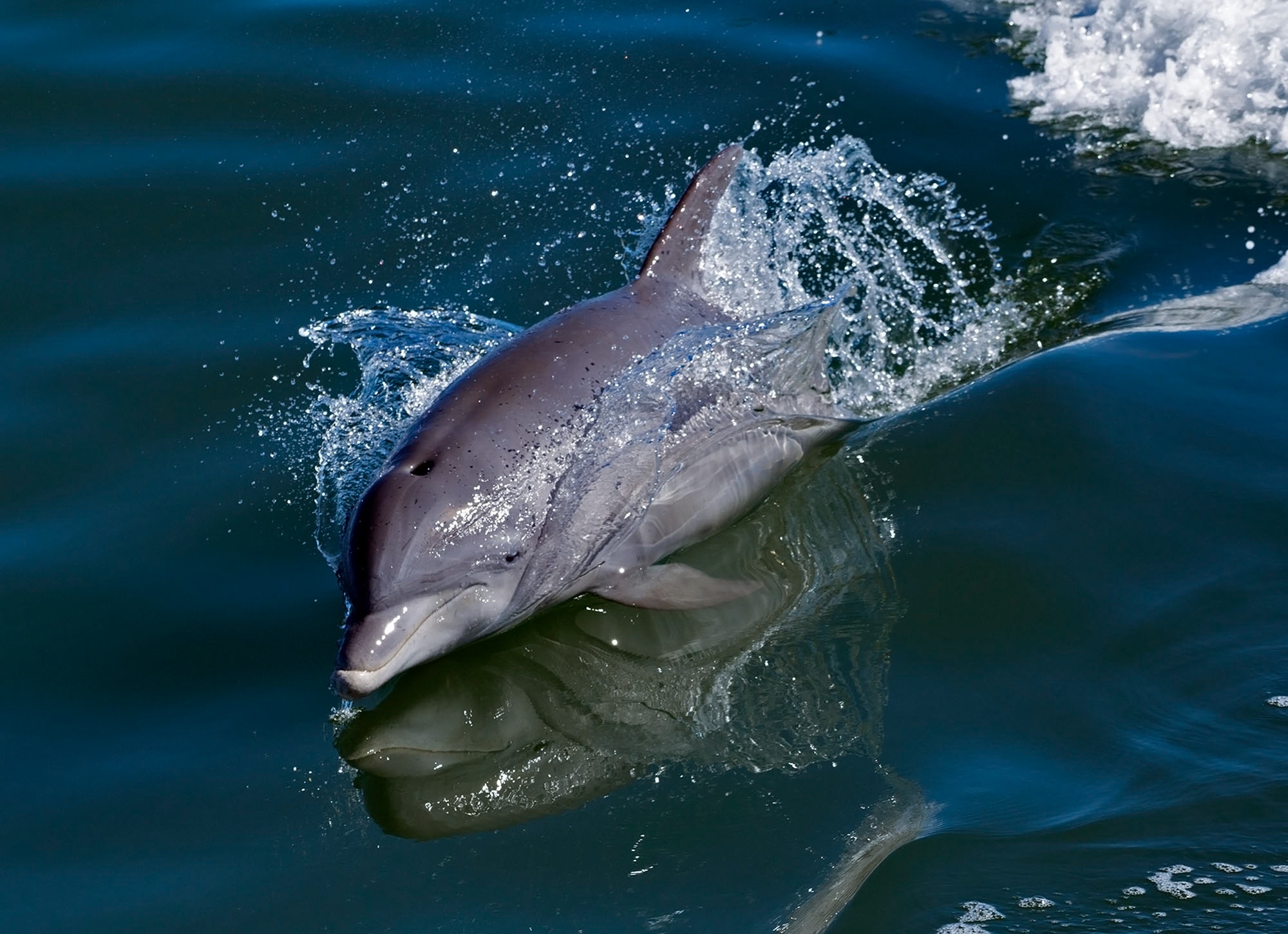
Oysters: As many as 8.3 billion oysters were killed during the aftermath of the Deepwater Horizon disaster. One proposed $35.8 million project will boost oyster populations by creating a network of both protected and harvestable oyster reefs in all five Gulf states.
Birds: The impact of the Deepwater Horizon oil disaster on birds was so large the Trustees predicted “meaningful effects on food webs of the northern Gulf of Mexico.” Two of these projects totalling $31 million will restore, protect, and enhance bird habitat.
Trash Removal: Finally, one $7 million project will help both sea turtles and birds by removing trash and debris from the Gulf.
When the Deepwater Horizon spill happened, the National Wildlife Federation was already on the ground in Louisiana and able to serve as a leading voice for justice and to ensure fines and settlement funds were invested in comprehensive ecosystem restoration. Eleven years later, we are still working with partners, our members, and supporters to ensure the Gulf sees the restoration it so badly needs.
Please take action on behalf of Gulf-wide restoration by submitting a comment in support of these projects & helping wildlife recover from the Deepwater Horizon oil spill by May 6!

